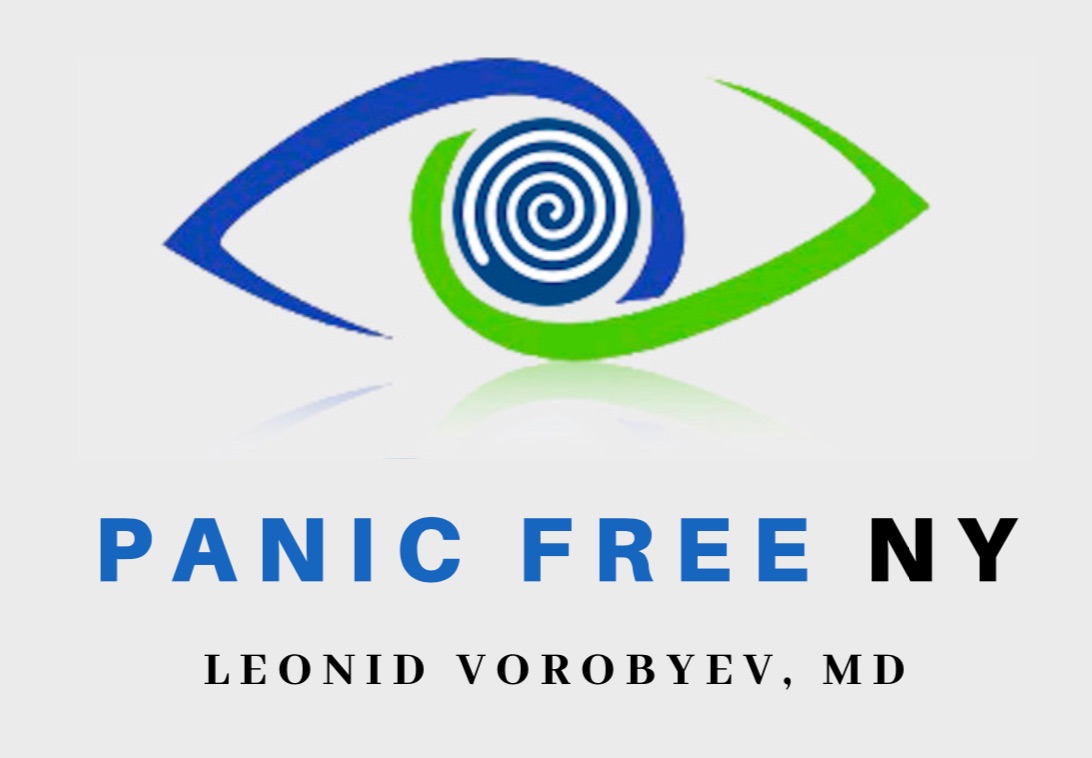
Do you remember being tired, almost exhausted, extremely forgetful, not concentrating well? Can you recall yourself having problems in a family when out of sudden you started to yell at your spouse for nothing and then burst into tears? Did your boss had any problems with you, because you didn’t do a project on time, or stopped getting along with your friends, avoiding them. And all the above is going on a few weeks already and gets worse and worse. What is it? What to do? To drink alcohol? To visit finally gym? How to deal with all these problems? If it sounds familiar, if you think it is about you – then you have to know this is likely DEPRESSION.
Depression is a biological neuropsychiatric disease that affects over 19 million American adults and over 5 million children and teens each year. Numerous scientific animal and human studies demonstrate the brain’s abnormal levels of specific nerve signals (serotonin, norepinephrine, dopamine, GABA, etc.), imbalance in
- Bipolar Disorder / Manic Depression
- Clinical / Major Depression
- Mood Disorder due to general medical conditions
- Post Partum Depression
- Seasonal Affective Disorder (SAD)
- Dysthymic disorder
- Cyclothymia
- Adjustment disorder with depressed mood
The average age of occurrence of the initial depressive episode is 40. As many as 15% of the general population will experience severe depression during their lives. It is
Individuals with depression often experience psychological, emotional and physical distress as a result of their feelings. We all have our ‘ups’ and ‘downs’, but those with depression experience their feelings for days, weeks and sometimes months at a time.
Symptoms of clinical depression persist not less than 2 weeks and include, but are not limited to the following aspects:
EMOTIONAL COGNITIVE PHYSICAL
- hopelessness indecisiveness restlessness
- pessimistic poor concentration lost of appetite
- sad inability to process change of weight
- anxious forgetfulness persistent fatigue
- worthlessness distractiveness tiredness
- lost of interests thoughts of death sexual problems
- feeling guilty absentmindedness aches and pains
- helplessness suicidal thoughts digestive problems
There are numerous possible reasons of secondary depression:
- endocrinological disorders
- cancer
- neurological problems (epilepsy, Parkinson disorder, etc.)
- strokes
- effects of alcohol or illicit drugs
- effects of medications: chemotherapy;
- antihypertensives etc.
- heart attacks or heart surgeries
Very important to remember that if somebody experienced episode of depression, there is more than a 60% chance that it will recur within the next 3 years. If left untreated, the disorder can become chronic and may increase in severity with each episode.
There are different options for the treatment of depression including medications, electroconvulsive treatment, vagus nerve stimulation, alternatives and, psychotherapy. Treatment of depression requires active participation by the individual and speaking with a mental health professional is highly recommended. Recently RTMS ( repetitive
We are skillful in identifying the symptoms of depression and eager to provide psychometric, psychological and neuropsychological testing together with clinical routine mental status evaluation.
You may want to consider to check yourself with the unique depression scale, designed by our team.
ESCAPE PAIN
“Empty” feelings, persistent sadness, depressed mood
Sleep disturbance: too much or too little
Constant restlessness and irritability
Appetite change with losing and gaining weight
Persistent physical symptoms not responding to treatment (headaches, stomach pain, chest pain,
Energy loss, or fatigue, feeling exhausted
Problemswith concentrating, focusing and /or forgetfulness
Apathy – loss of interests
Indecisiveness – poor decision making, poor judgement, ability to organize things
Negative thinking
We offer an advanced, family friendly solutions for children, adolescent and adults with depression.
If you want to be happy, so be happy with our coaching and guidance.

